Talk Archives

Cultivating Science and Environmental Justice
With more than 355,000 hazardous waste sites and 550,000 abandoned mines in the U.S., it is not uncommon to find residential areas located next to them. Discover how Dr. Monica Ramirez-Andreotta engaged affected communities using gardens and citizen science. Community members investigated and evaluated the contaminants in their areas while cultivating gardens to improve the environmental health of their neighborhoods.

Will we live on Mars?
Is Mars the next step in human exploration of the solar system? What would it take to live and work on the red planet, and what will future explorers need to know in order to survive Martian extremes? Join Joe Levy as he talks about the unique aspects of living on Mars.

Leaping Lemurs
Madagascar, off the coast of Africa, is the land of lemurs. It is home to over 100 lemur species, including the “sifaka”. Sifaka are unusual primates with crazy-eyed stares, amazing leaping abilities, and societies where females are at the top of the hierarchy. Join Rebecca Lewis as she talks about the unique challenges of fieldwork in Madagascar and shares her research about lemurs.

Science & The Avengers
Discover how superheroes like the Avengers use science to keep villains in check and save the world. Enjoy the science and then participate in a live Q&A session with Dr. Burks.

Fire Ants & Zombie Ants
Join us for a Hot Science - Cool Talks event from the comfort of your home with Dr. Rob Plowes! Enjoy the science and then participate in a live Q&A session with Dr. Plowes.
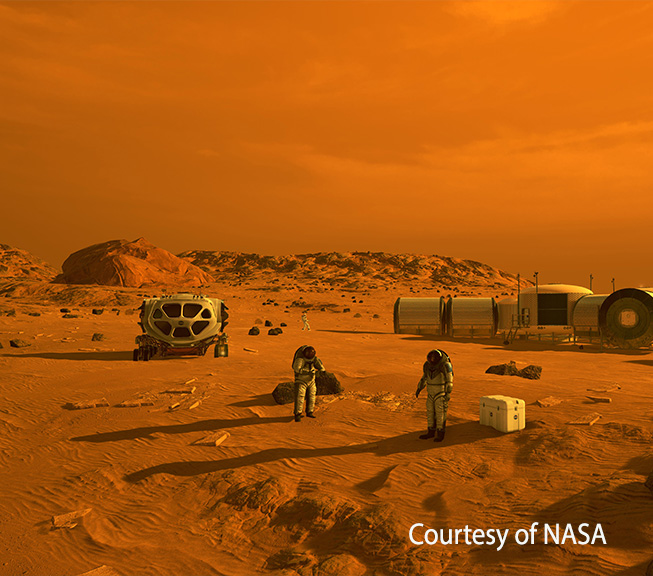
NASA’s Next Mission to Mars: Searching for Life on the Red Planet
What is involved in selecting the perfect landing place for NASA’s Mars 2020 rover mission? What is involved in getting there? What will we find? Dr. Tim Goudge shares what makes the Jezero Crater such a perfect location, with its amazing geological formations.
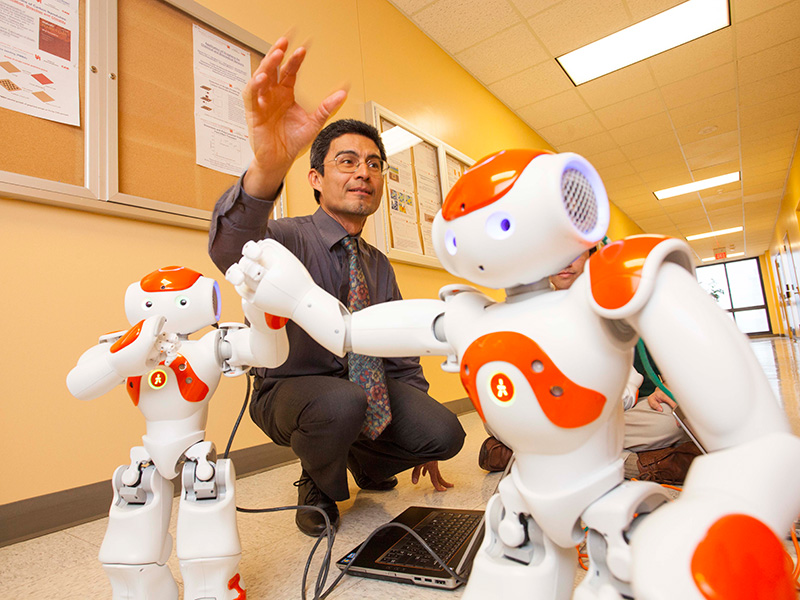
Robots Controlled By Your Mind
Can robots be controlled with only your mind? Dr. Contreras-Vidal shares his research in developing prosthetics and machine interfaces that can be completely controlled by a person's thoughts.
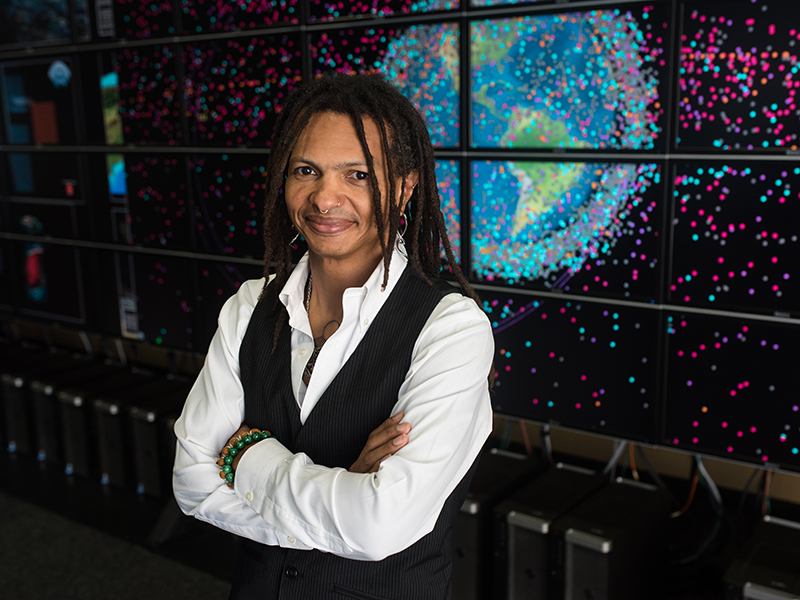
Sustainability of Outer Space
Is it really true that there are over 20,000 junked satellites in outer space? What is their fate? Dr. Jah examines what we can do to make space safe, secure and sustainable in the long term.
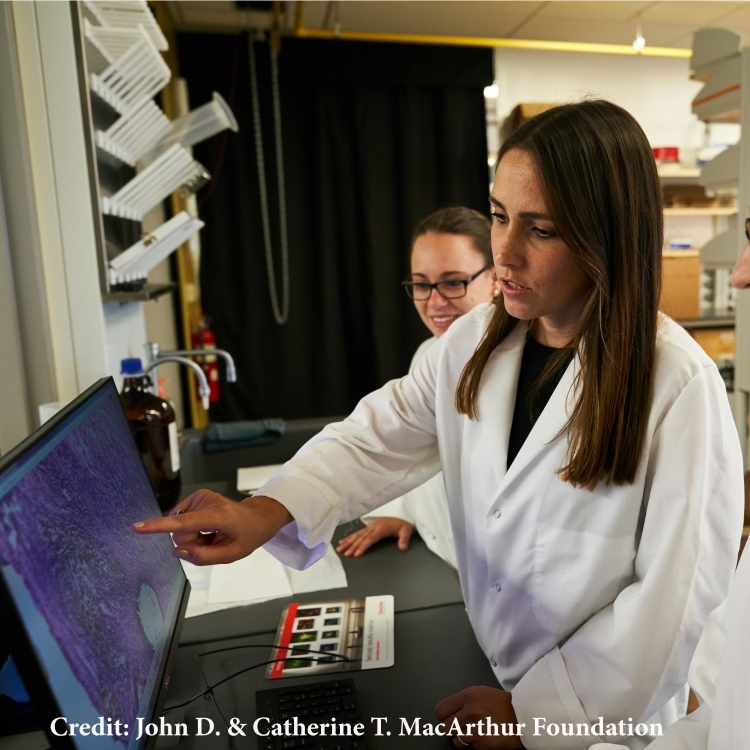
Detecting Cancer by Touch
Dr. Eberlin shares her breakthroughs in developing and testing a new technology for quick and accurate cancer detection during surgery.
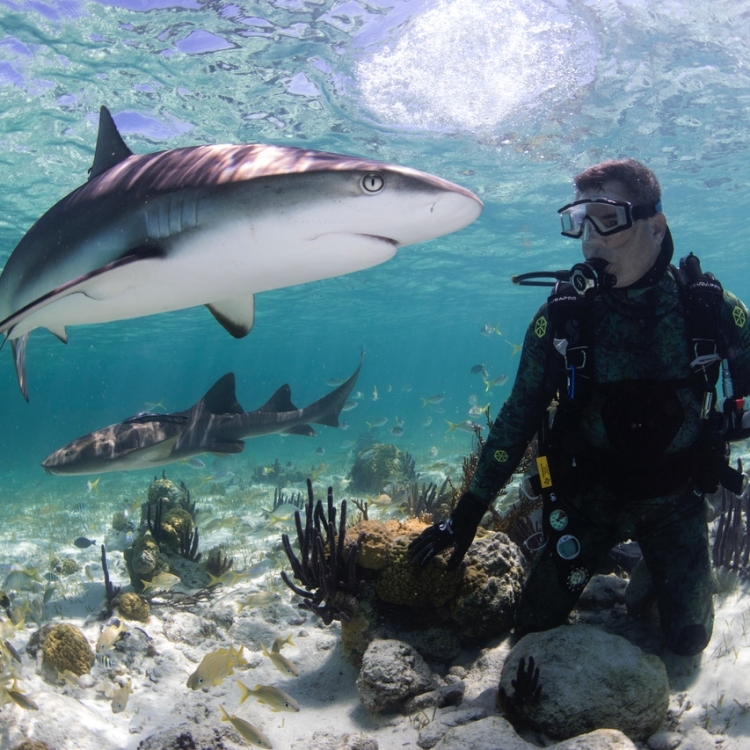
Save the…Sharks!?
“We have been hating sharks on general principles for centuries … now it is high time that they should pay up.” This was a 1928 invitation to harvest sharks in Scientific Monthly (now Science). This mentality has been accepted by generations of fishermen and fishery managers. However, modern science shows many of the world’s shark stocks have decreased to unprecedented levels, placing ocean ecosystems in peril. Through his research and interactions with sharks, Dr. Stunz will share the history and current status of their declines, and their future along the northern Gulf of Mexico.